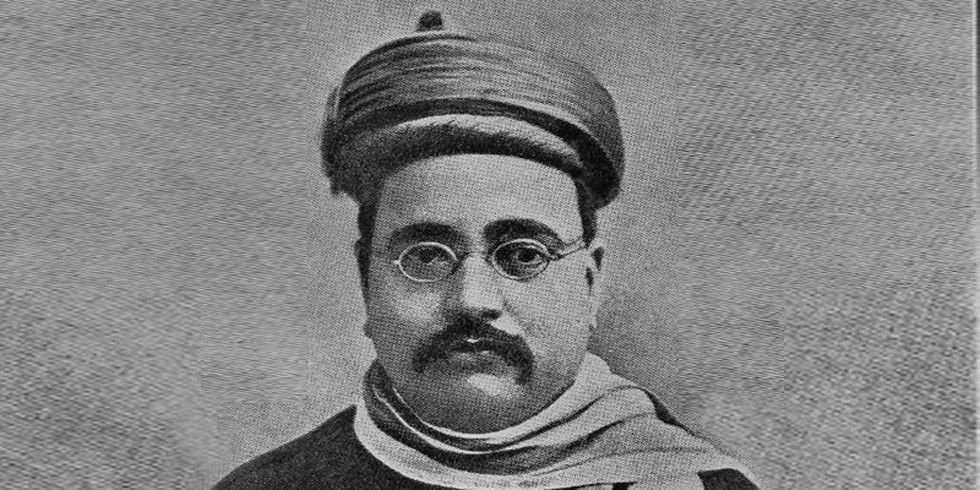Maharashtra
Servants of India Society (SIS)
- 16 Jun 2025
- 4 min read
Why in News?
Tensions have reignited between Pune-based Gokhale Institute of Politics and Economics (GIPE) and its parent body, the Servants of India Society (SIS), with both parties express concerns regarding financial management matters.
Key Points
- Servants of India Society (SIS):
- About
- Established on 12th June 1905, in Pune by Gopal Krishna Gokhale, along with G.K. Devadhar, A.V. Patwardhan, and N.A. Dravid.
- Gokhale envisioned the Society as a platform to train committed individuals who would serve the nation with a spirit of dedication and service.
- The Society aimed to promote political education, constructive agitation, and constitutional methods to further India's national interest.
- Members were viewed as missionaries of Indian nationalism, working for the upliftment of the people.
- Prominent Members and Contributions:
- Early members included influential nationalists like V.S. Srinivasa Sastri, Hriday Nath Kunzru, and A.V. Thakkar.
- The Society made notable contributions to India's independence movement, and its ideals continue to shape Indian public life.
- The Society played a key role in shaping India’s freedom struggle by nurturing leaders committed to non-violence, reform, and constitutionalism.
- About
Gopal Krishna Gokhale
- Early Life and Education:
- Gopal Krishna Gokhale was born on 9th May 1866 in Maharashtra.
- He belonged to the first generation of Indians to receive a university education and graduated from Elphinstone College in 1884.
- Gokhale was deeply influenced by Western political thought, especially the ideas of John Stuart Mill and Edmund Burke.
- He considered Justice Mahadev Govind Ranade his mentor and was regarded as Ranade’s “Manas Putra” (spiritual son).
- Political Career and Reform Work:
- He became a senior leader of the Indian National Congress and played a vital role in its moderate faction.
- In 1905, he founded the Servants of India Society to promote education, social reform, and constitutional methods for achieving self-rule.
- Through his roles in the Congress, legislative councils, and civil society, Gokhale persistently advocated for social and political reforms.
- Mentorship to Mahatma Gandhi:
- Gokhale was a mentor to Mahatma Gandhi, especially after Gandhi’s return from South Africa.
- He introduced Gandhi to the realities of Indian society and politics and helped shape his early views on reform and nation-building.
- Legislative Contributions:
- His testimony before the Welby Commission on India's finances earned him national acclaim.
- Gokhale’s budget speeches in the Central Legislative Council stood out for their depth and statistical rigor.
- He played a key role in the formulation of the Morley-Minto Reforms (1909), which expanded Indian participation in governance.
- Legacy and Death:
- Gokhale was known as a scholar-statesman and is often hailed as India’s greatest liberal leader of his time.
- He passed away on 19th February 1915.







